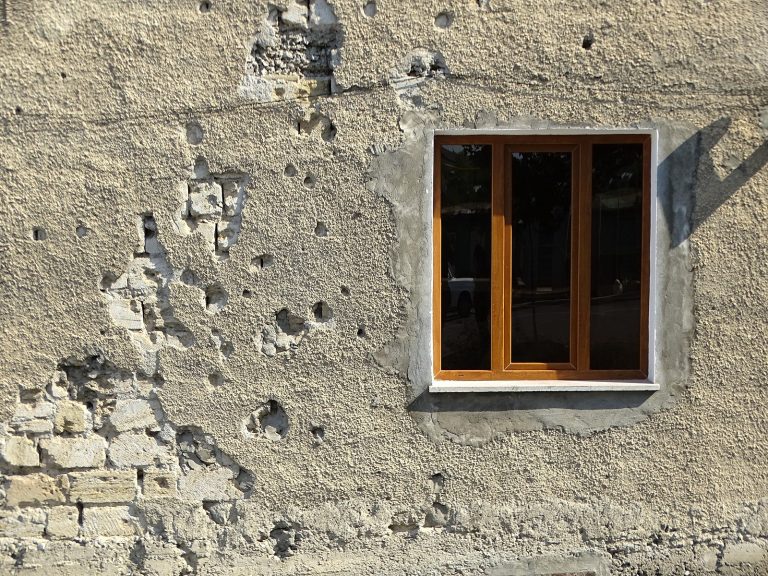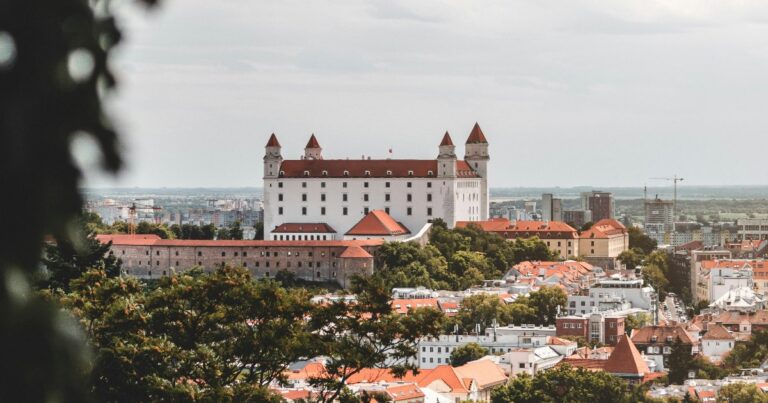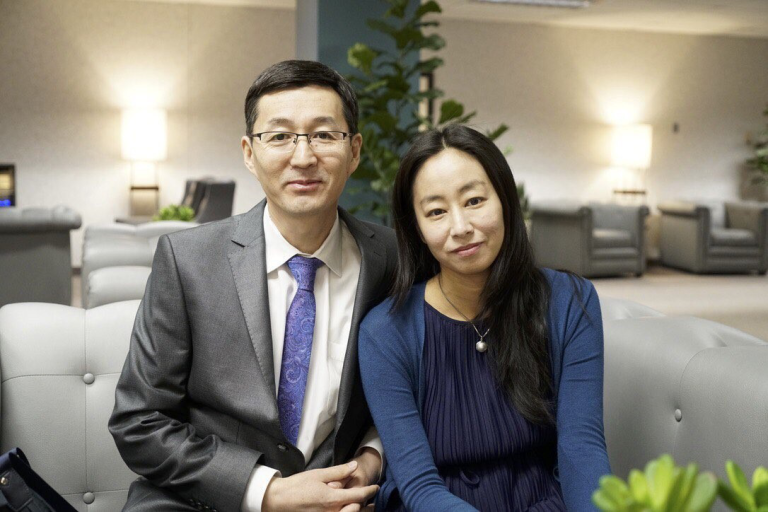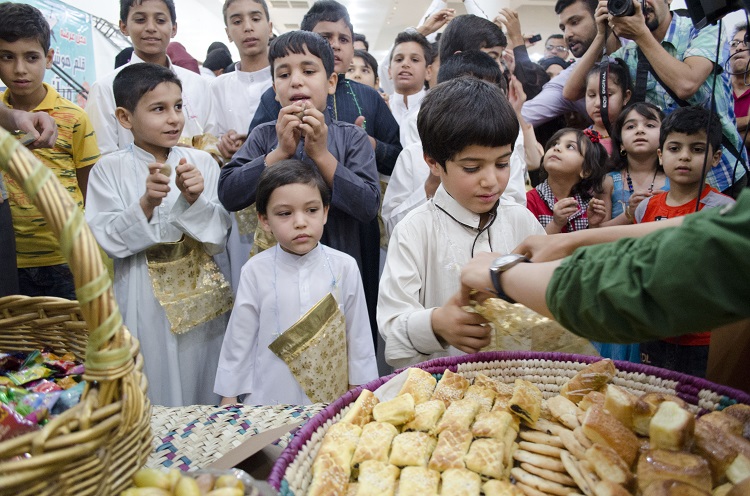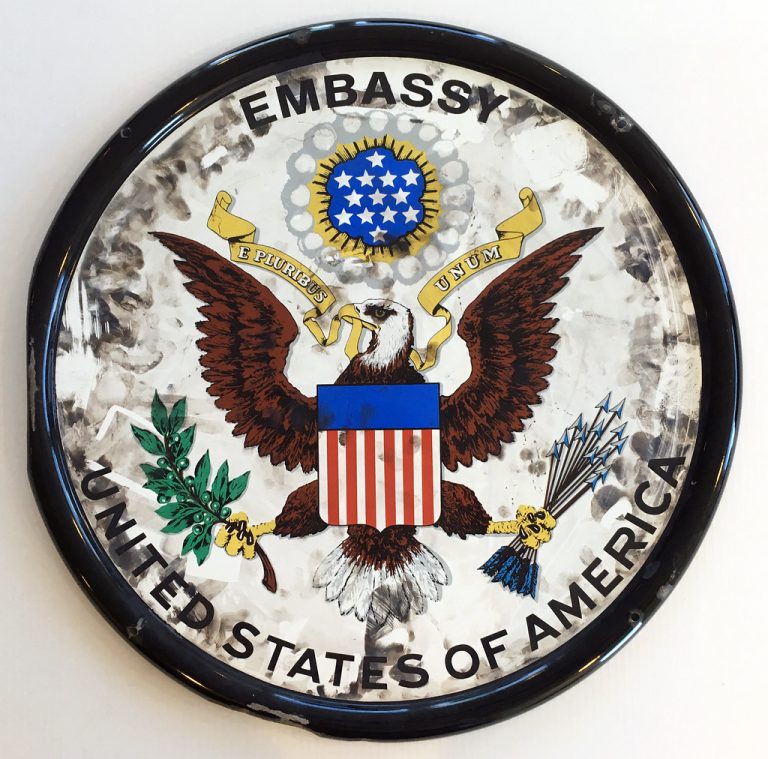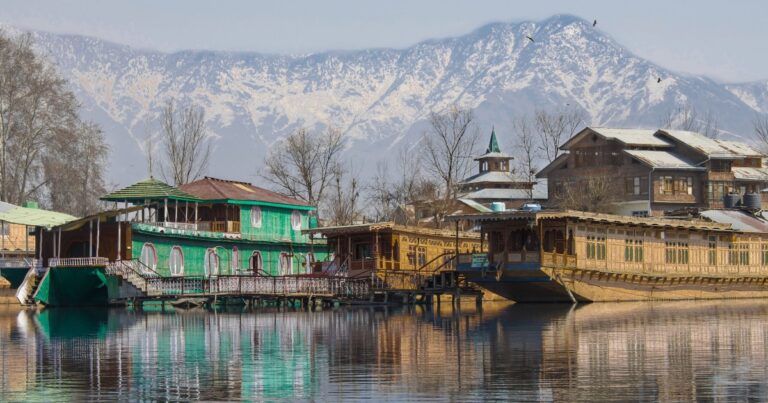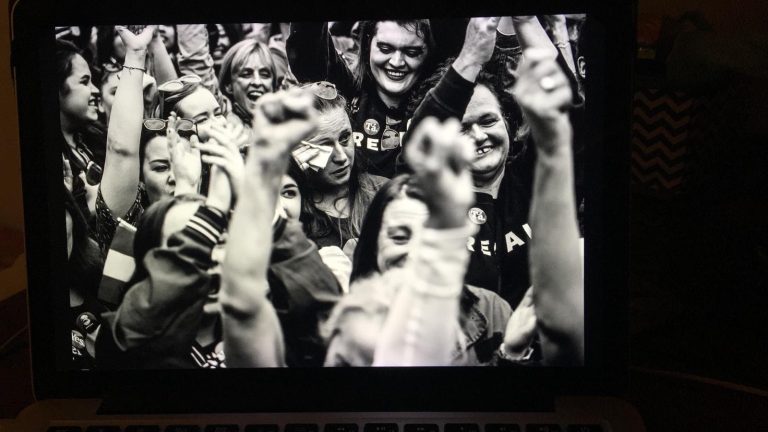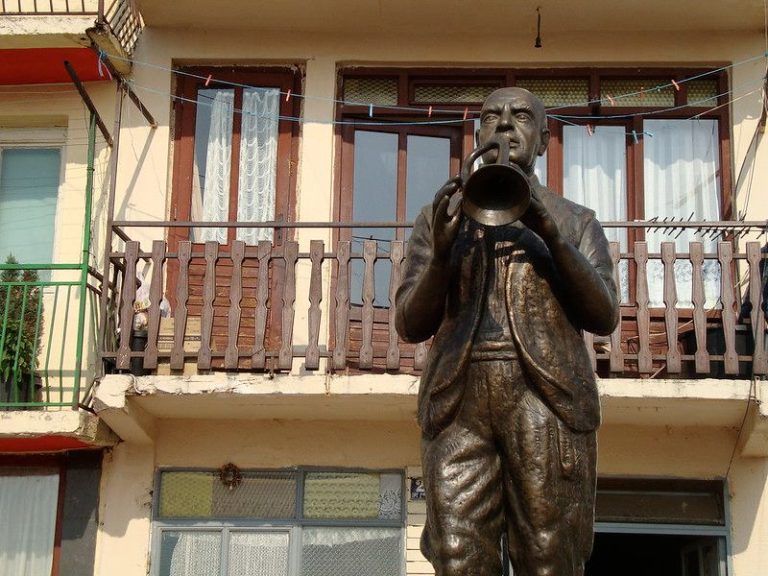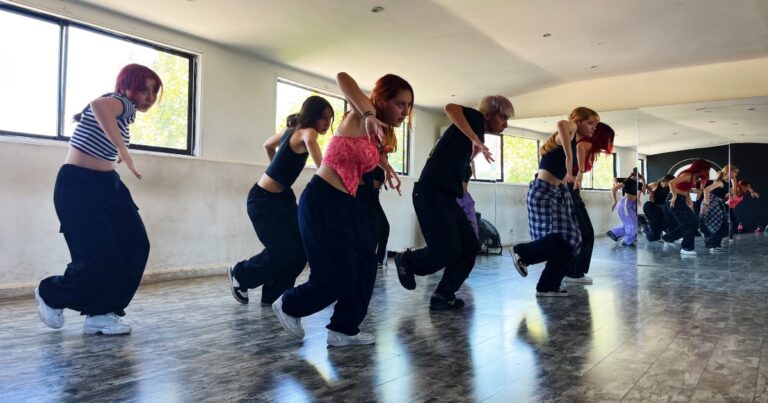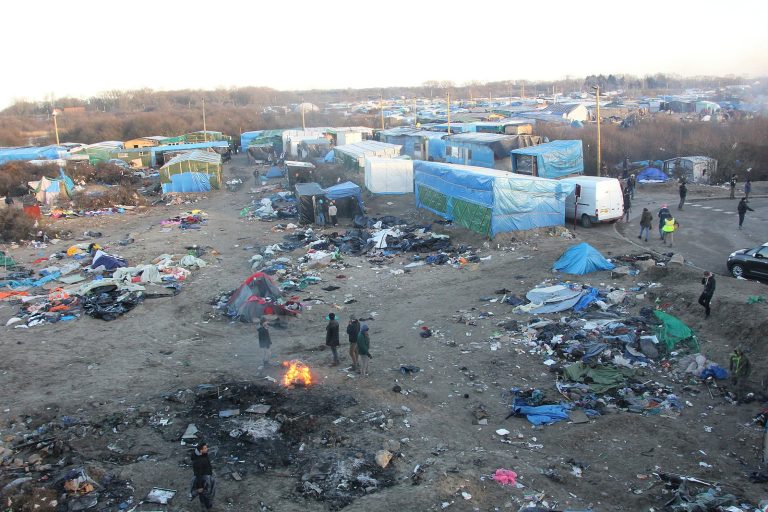The neighborhood of Kypseli is experiencing a resurgence in popularity. That’s partly thanks to rising housing costs in central Athens, which led residents from other parts of the city to rediscover this once-popular Athenian enclave. The main pedestrian thoroughfare of Fokionos Negri is teeming with young people, families, and couples strolling along the street or passing their time in one of the many newly opened restaurants and cafes.

However, unlike during the neighborhood’s last heyday 30 years ago, the faces you pass on the street in Kypseli are now more diverse than ever. Next to old traditional Greek cafes and tavernas, there are Polish delis, African hair braiding salons, and Middle Eastern-owned and operated restaurants.
In a country as monoethnic as Greece, Kypseli is a beautiful anomaly. But for many residents of non-Greek descent, the reality of living here can still be challenging.
Immigration and multiculturalism in Greece
It’s hard to gauge how many people in Greece are of Greek heritage since the country only collects data on citizenship and not ethnicity. According to current citizenship data, 91 percent of those residing in Greece are Greek on paper.
Immigration in Greece is a relatively new phenomenon. The lack of economic opportunity coupled with civil instability in Greece throughout most of the 20th century provided more reasons for Greeks to flee than for immigrants to arrive. However, that started to change after the fall of the country’s military junta in 1973, the reestablishment of democracy, and the economic growth of the 1980s.
People from neighboring countries started flocking to Greece at that time, especially after the fall of the Soviet Union and the dismantling of the Iron Curtain.
Additionally, Greece’s relatively porous border (preventing undocumented entry in a country with over 2,000 scattered islands is nearly impossible) made it a common destination for many asylum seekers fleeing war and persecution.
By 2010, approximately 11.4 percent of the Greek population had been born outside of Greece, or 1.27 million people, according to World Bank data. Most migrants were born in Albania, Greece’s neighbor to the north, with smaller immigrant populations coming from Bulgaria, Georgia, Russia, Romania, Pakistan, and Afghanistan.
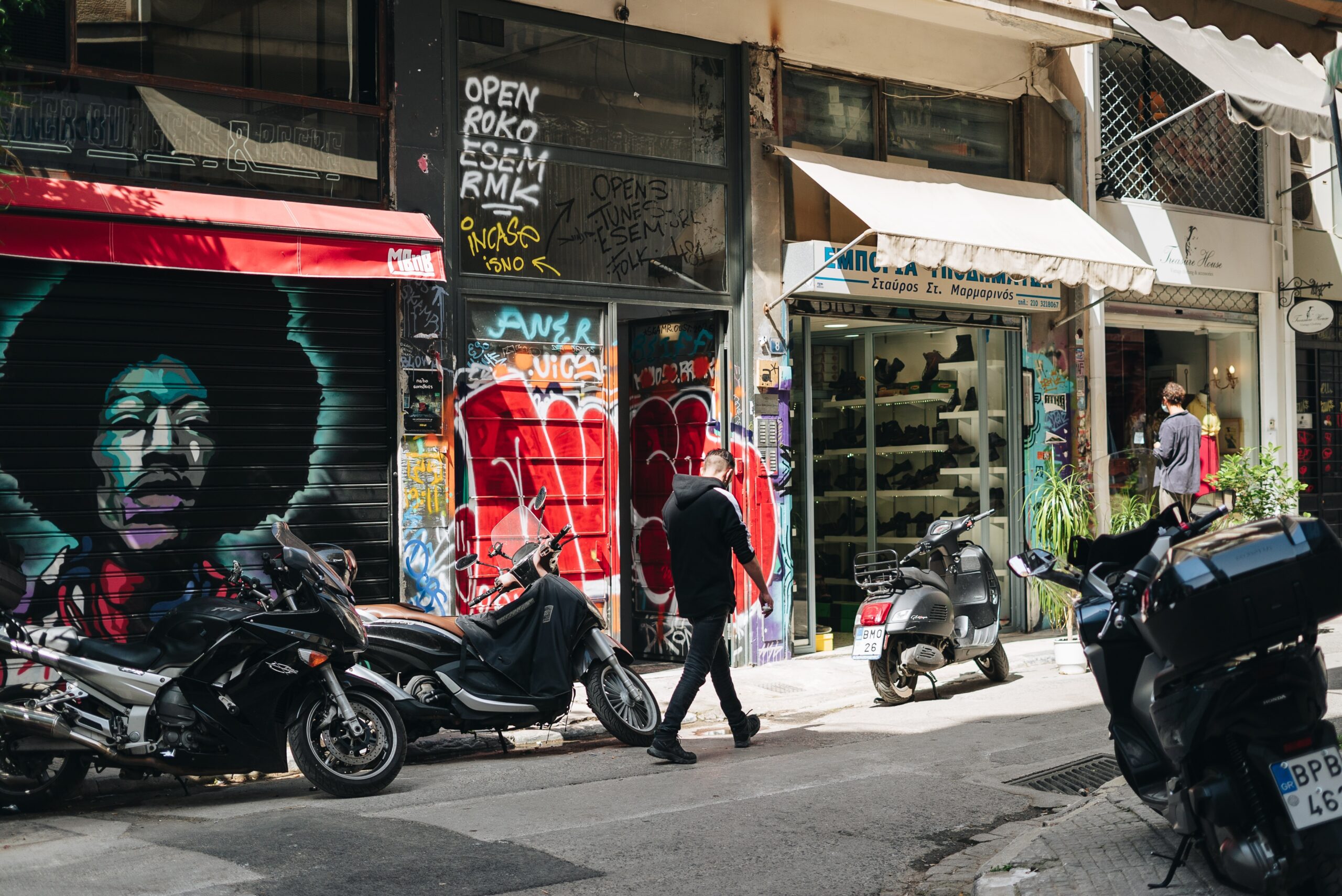
Kypseli: the center of Athenian diversity
Nowhere is this demographic change in Greek society more apparent than in Kypseli. Children of all races and ethnic backgrounds play together, while traditional Greek tavernas and coffee culture mingle with art and shops reflecting international influences.
But the experience of many people not of Greek ethnicity is less rosy than a stroll through the neighborhood may make it appear. There are significant challenges to inclusion and integration, and Kypseli’s new popularity could endanger the neighborhood’s multicultural nature.
Robert Ian Kibet Ouko Babu, a psychologist, psychotherapist, and program director with Open Paths Athens, says gentrification is affecting Kypseli.
Kypseli is “the place to be” for young Athenians, he said. But the neighborhood’s iconic diversity has decreased over the last few years, as rising rents in Athens push many ethnic Greeks to neighborhoods slightly outside the city center.
Gentrification and racism
The question of how to improve a community’s environment without unintentionally excluding the original residents is one that two artists raised in Kypseli – Grace Nwoke and Alex Loggovitis – grapple with. They are spearheading The Documatism project, which focuses on the Afro-Greek experience.
“We are Afro-Greeks,” reads their manifesto. “We started from the neighborhood of Kypseli, which for many of us is our true homeland.”
The two artists work with Greek filmmaker Menelaos Karamaghiolis to organize art events to “make this neighborhood change and no longer be considered a ghetto.”
“I am afraid that it was considered a ghetto because of us,” the artists added.
If Greek society perceived Kypseli as a ghetto because of its diverse nature, efforts to upgrade the neighborhood may not protect the diverse families who live there.
Babu acknowledges that there have been benefits to gentrification. More young people are out on the streets, and there are more efficient government services and more shops.
“Even the Municipal Market is thriving, where it used to be somewhat abandoned,” Babu said.
Nevertheless, local families who have lived in the neighborhood for decades are slowly being pushed out. Babu worries that they won’t have any place to go.
In an economic and political system that presents significant hurdles to integration and opportunities for those of non-Greek descent, the resurgence of Kypseli, accompanied by rising costs and demand for housing, may inevitably lead to a further decline in the neighborhood’s diversity.
In this way, efforts to improve the area without addressing racism and the lack of socioeconomic opportunity in Greek society may end up driving out the very people who sought to create a better neighborhood for themselves and their families in the first place.
Kypseli’s Municipal Market and inclusive improvement
The Municipal Market is one example of how a revitalization project can be inclusive and benefit multiple people within a neighborhood.
In 2016, the Municipality of Athens renovated the market. The non-profit organization Impact Hub helped set up the market as a new “pole of attraction” to get Athenians from all over the city interested in the neighborhood.
Nia Zoi, who was involved in an educational program at the Municipal Market, said the project aims to create opportunities for people of all ethnic backgrounds in Kypseli.
“We wanted to give opportunities to entrepreneurs and creators to see how it is to run your own shops for a short while, to understand your customer base, without the financial risks of setting up a brick-and-mortar store,” she said.
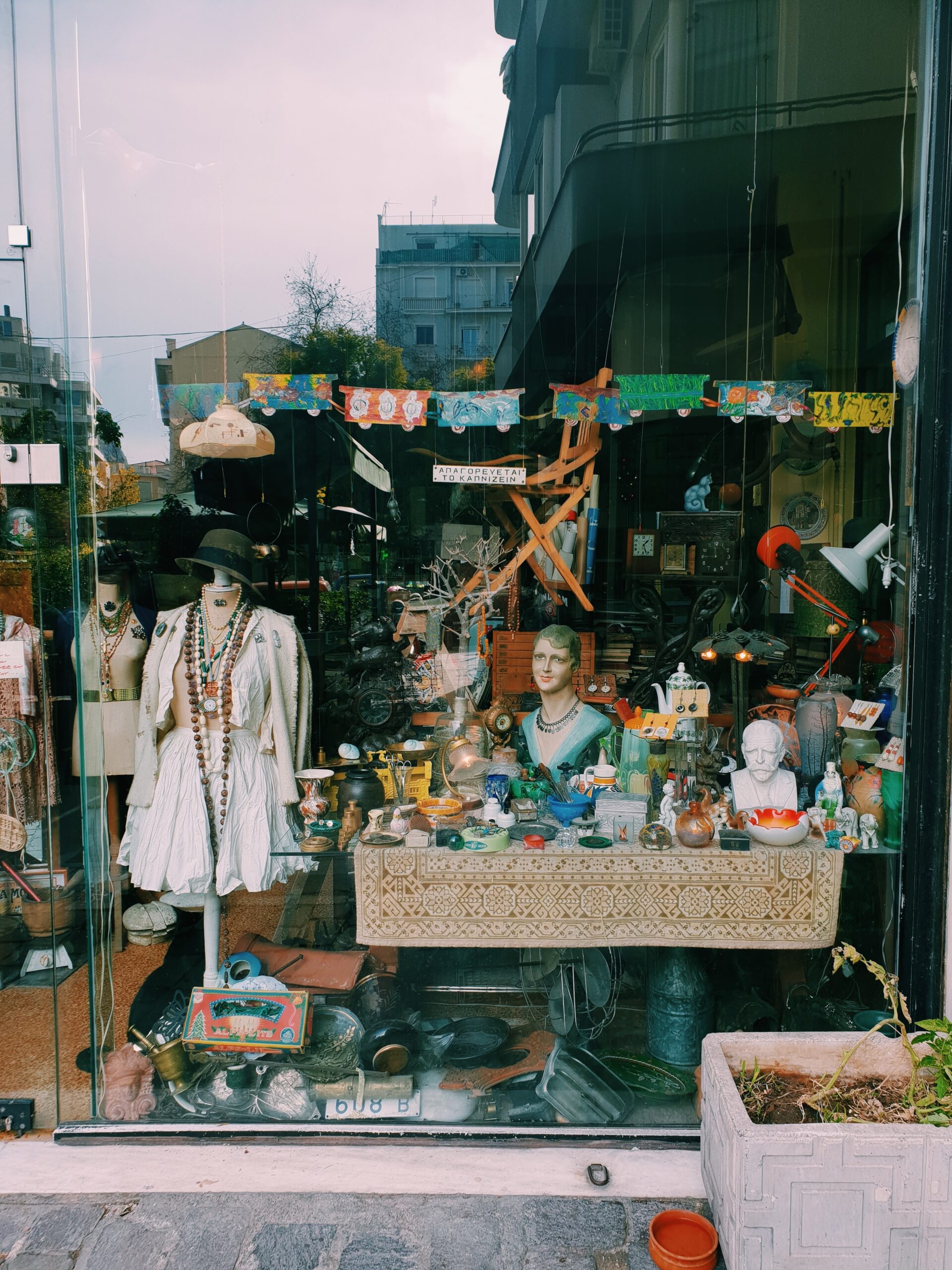
Many entrepreneurial immigrants who started a business with pop-up shops now run stores throughout the neighborhood.
The establishments carry some part of each person’s heritage. Their products and services showcase their parents’ culture or their homeland. One example is the multitude of African hair-braiding salons cropping up in Kypseli.
Zoi said she is proud of what her project accomplished.
“I always loved Kypseli,” Zoi said. “Everyone from all these different immigrant groups was together and interacting. I haven’t seen that in many other places in Athens”.
Obstacles to Greek citizenship and identity
Despite some success stories, people working for organizations that seek to promote diversity and inclusion in Athens often feel they are alone in the fight without government support.
The exceedingly bureaucratic nature of the Greek state and the variable quality of government services are an endless source of frustration for many Greeks, regardless of their ethnic background. That means non-governmental organizations often provide services to immigrants that the state should offer.
New immigrants aren’t the only ones who experience these challenges. One significant obstacle second-generation children in Greece face is that the state grants citizenship through the principle of jus sanguini. That means being born in the country isn’t enough to be Greek in the eyes of the state. You also must be born to a Greek citizen.
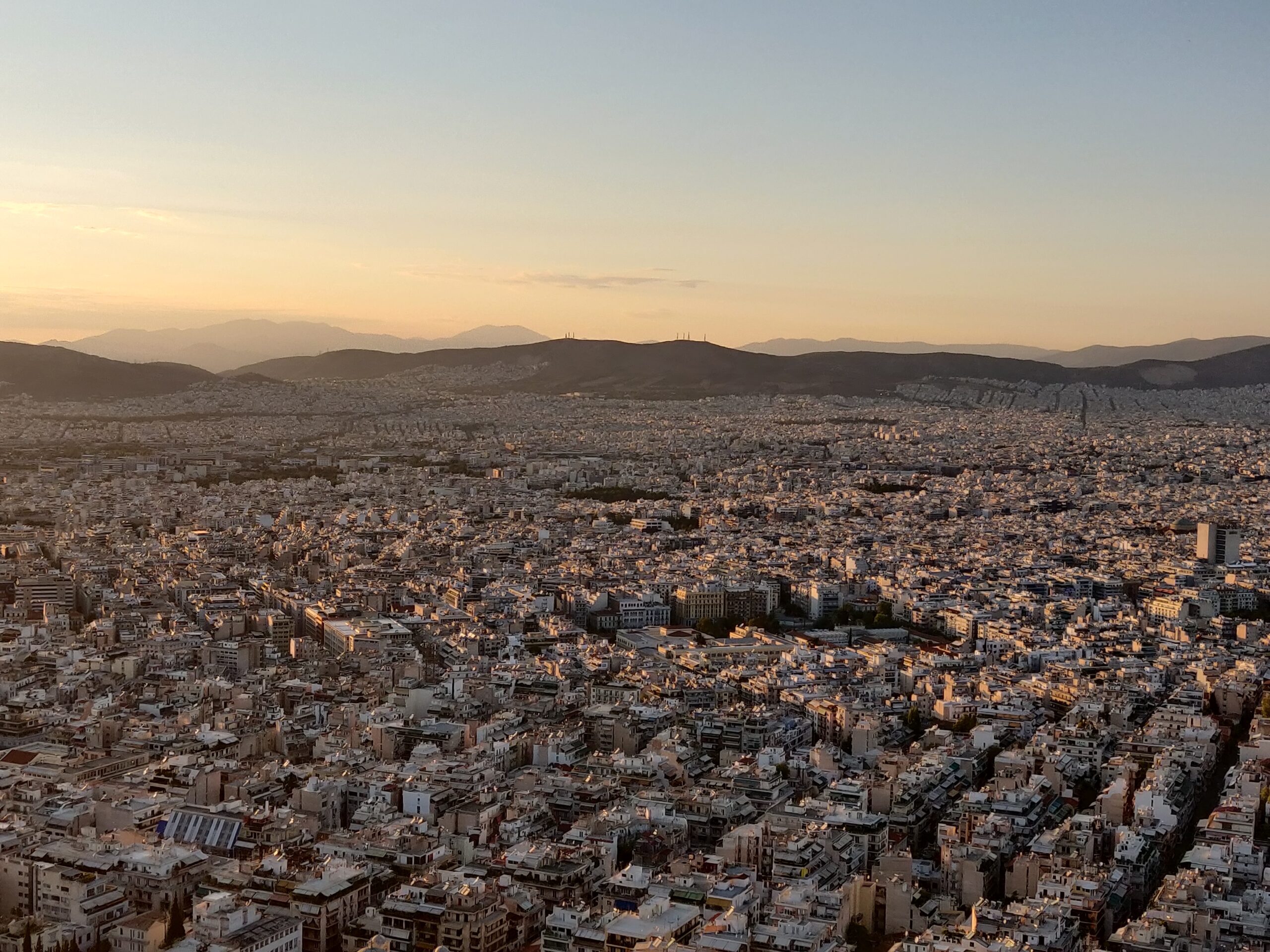
Many immigrants, especially those from low-income countries in Africa, the Middle East, and Eastern Europe, have difficulty acquiring Greek citizenship. That can mean their children also don’t have citizenship despite being born and raised in Greece.
Living your entire life in a country that does not recognize you as a citizen can create an identity crisis.
As Nwoke and Loggovitis say, “Racism based on color, prejudice, and racial discrimination have made it very difficult for us to define our identity, our homeland, and to feel Greek without being hindered by our origin and color, even though most of us were born here.”
The issue of identity is especially nuanced for people who look different from the rest of Greek society.
Babu does not immediately identify himself as Afro-Greek or first or second-generation Greek. Like many immigrants in Greece, he finds the questions that people ask him, like where he is from originally, intrusive. He doesn’t want to be put in a box.
“I dictate my own narrative,” he said.
Inclusion: a legal, social, and cultural issue
In addition to the obvious legal obstacles to obtaining Greek citizenship, Babu wants to focus on the societal obstacles asylum seekers or second-generation immigrants experience.
“Many specialized people are talking about and working on the issue of paperwork and citizenship for immigrants to Greece. Even those of the second generation,” he said. “But not a lot of people are talking about the other issues which we focus on, like equity of health access, cultural access, and the like.”
In 2019, the center-right government changed the laws regarding healthcare access in Greece.
The previous law stated that everyone in Greece must have an AMKA, the national identification number that provides access to government health services.
But the new guidelines determined that only Greek citizens or permanent residents have the right to obtain an AMKA. That left recent immigrants and many second-generation residents without adequate access to healthcare.
Babu believes that one of the best services to provide minority communities is information. Due to both language barriers and a lack of knowledge about how the relatively complex Greek system operates, a lot of minorities in Greece don’t know their rights or what services they can access, leaving them vulnerable.
For example, in Greece, employers must put an official stamp on their employees’ work papers. The stamp is known as an ἐνσημα (ensima), and it gives workers proof of their job history so they can retire with a pension. Some employers, however, exploit an immigrant’s lack of familiarity with the system or language skills.
Babu speaks to newly arrived immigrants and explains how they can receive the official stamps and the correct insurance coverage.
“Sometimes employers will tell people they put stamps on their papers when they hadn’t,” he explained.
Perceptions of racism
A deeper and more amorphous hurdle is the refusal of many Greeks to see racism as a problem in their society.
Greeks are often shocked by news of racist incidents in the U.S. They ask in disbelief how the U.S. can be so racist. The unspoken implication is that Greek society is not racist.
Babu says that many Greeks see racism exclusively as an American problem and not endemic to their society. They only believe an action is racist when it is extreme and violent or when someone expresses outright hate towards those of a different ethnic background.
While such examples do exist in Greece, that is not the type of racism most non-ethnic Greeks face every day.
“Many people do not think of microaggressions as racism,” Babu said.
The recent national elections in May and June brought these attitudes to light. The center-right party won reelection after passing laws that made life harder for non-ethnic Greeks. Meanwhile, far-right nationalist and anti-immigration parties like the Spartans, a continuation of Greece’s fascist Golden Dawn party, won 4.5 percent of the vote. Anti-immigrant rhetoric was prevalent throughout the campaigns.
But despite all the focus on immigration — especially after the influx of Syrian refugees began in the mid-2010s — the rate of immigration in Greece has leveled off.
The news often focuses on the total number of refugee arrivals while failing to point out that Greece is just a transit country for most migrants. Most asylum seekers want to move to Germany, Sweden, or one of the wealthier northern European countries, where many have family and potential job opportunities.
Due to the widespread emigration of Greeks, the country is losing more people than it is gaining, leading to an annual population decline. Nevertheless, panicked media reports about an unmanageable influx of immigrants persist.
Countering false narratives
Negative narratives about immigration are pervasive, especially on Greek television, where many older Greeks get all their information.
For example, many believe refugees come to Greece to live easy lives using state resources. The right-leaning media often repeats that narrative.
In reality, refugees only receive around 150 euros a month from the government in Greece, far lower than the 780 euro minimum wage. Asylum seekers also don’t have the right to work for the first six months they are in the country.
As a result, surviving as a refugee in Greece is extremely difficult. Many must undertake black-market work, including prostitution, to make ends meet.
Younger Greeks have a clearer sense of the reality many migrants face than their parents or grandparents. Today, the children of the earliest waves of migrants, especially throughout Kypseli, grow up in the country. They speak the language fluently and navigate the public education system next to Greek children. People from diverse backgrounds are growing up together as classmates and friends.
That has enabled greater integration among Gen Z and younger Millennial Greeks than has ever been possible.
“The new generation will bring the change,” Babu said. “Because they had the chance to actually live with us instead of seeing us through the eyes of propaganda.”
In the meantime, the reinvigoration of Kypseli, along with organizations like Impact Hub and Open Paths, is speeding up the process of cultural sensitization in Greek society.
Zoi from the Municipal Market says she has found joy and openness in the community of Kypseli.
“We asked the community what they wanted, and part of what they asked for was a festival for everyone,” she said. “So, we held multicultural festivals which included members of the Ukrainian community, Albanian community, the various African communities of Kypseli, and the Filipino community.”
Kypseli: a challenging present and hopeful future
Kypseli’s multicultural community faces hurdles that are as nuanced and varied as those experienced by all people of non-Greek descent living in the country today.
But with its focus on community participation, inclusivity, and empowerment, the various projects and businesses in Kypseli and the organizations working tirelessly in the neighborhood provide hope for a more inclusive city.
“The first generation [of immigrants] was alone in Kypseli,” Babu said. “In the second generation, the kids were a little more open, a little more dispersed throughout the city. And the third generation seems to have spread through Athens even more, living a more inclusive life.”
Joanna Kalafatis is a writer and actress with a degree in economics from Barnard College. She currently lives in both Athens, Greece and Los Angeles, California. She’s interested in socioeconomic challenges, culture, and travel, and writes about all three subjects frequently. Her work has appeared in publications like Time Out New York, Matador Network, and Greek Reporter. She recently published a travel guide titled “Best of Greece” for Moon Travel Guides, and has a personal blog at LosetheMap.com.
This journalism was possible thanks to the generous support of George Mason University’s Mercatus Center and its Pluralism and Civil Exchange program.
